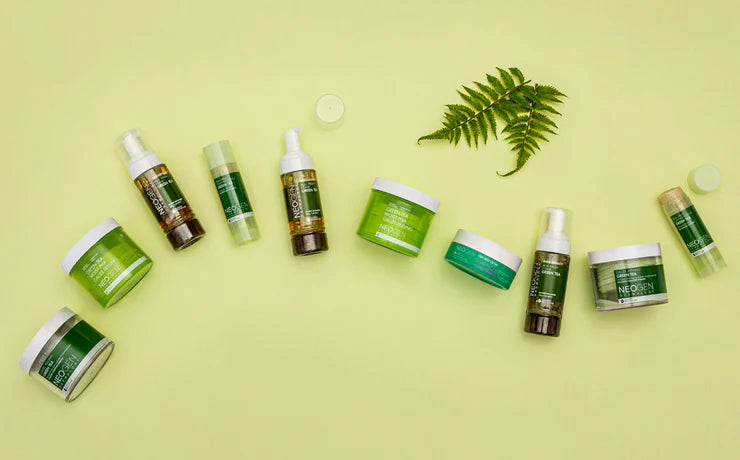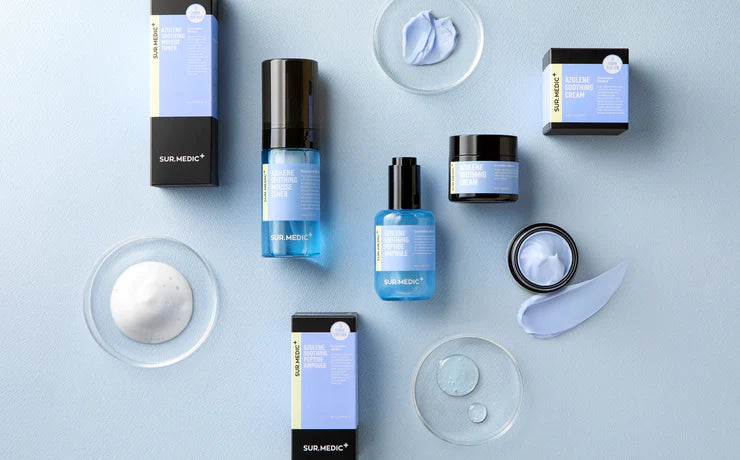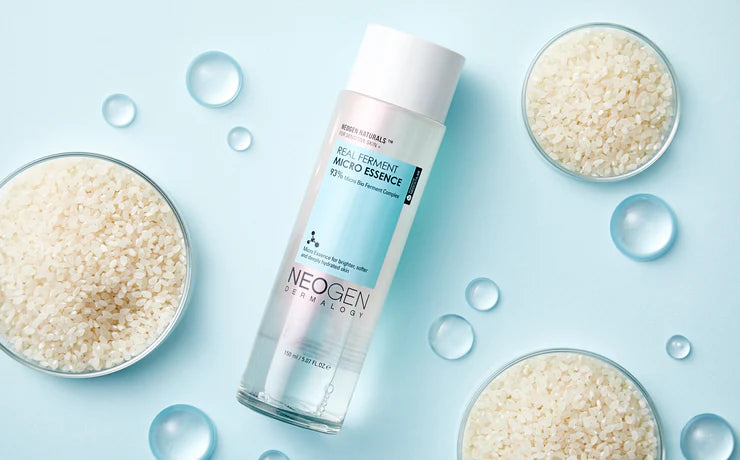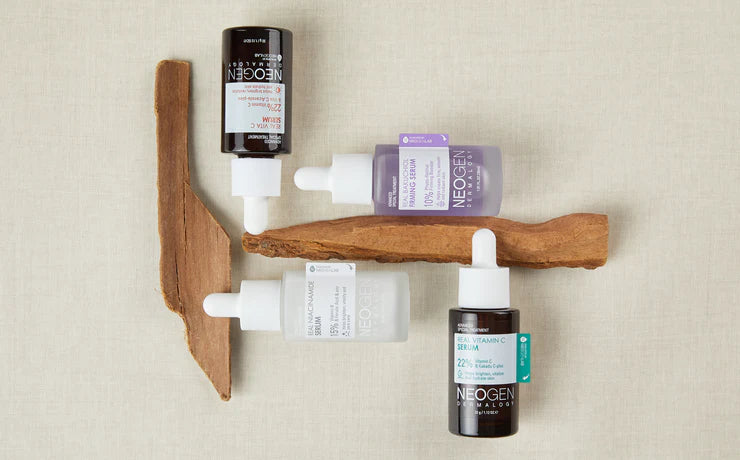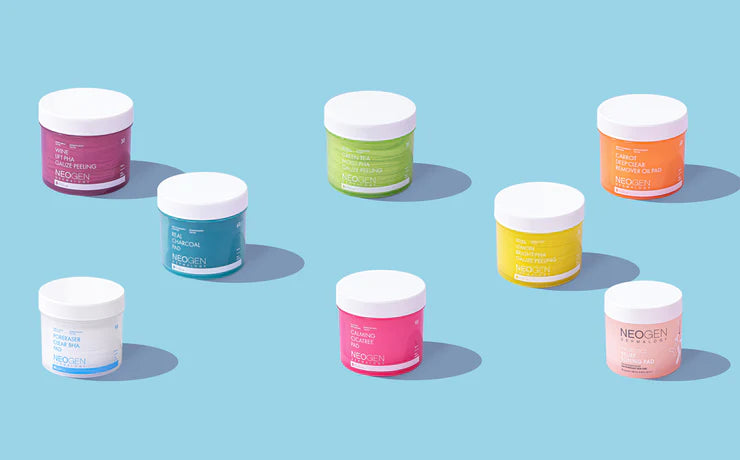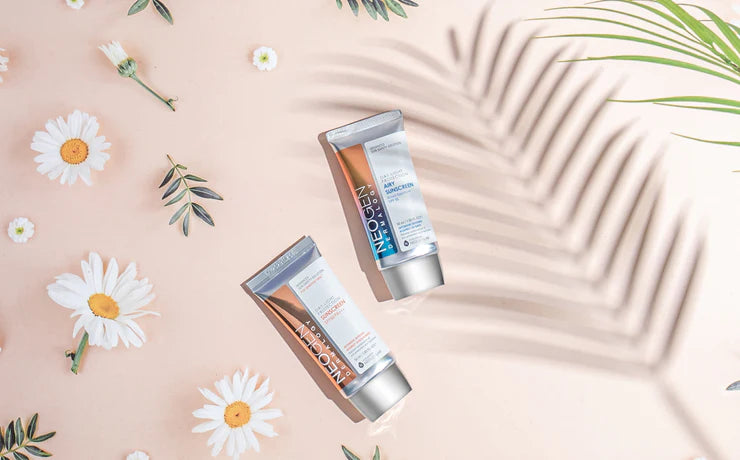Winter Skincare 101: Tips for plump, hydrated skin all season long
By: Carolina Malis
Your skin is smart. It knows exactly what it needs to do and how to do it in order to stay healthy, the problem is it doesn't always have access to the tools it needs to properly perform.
Once your skin has finally figured out the formula, it’s all about the status quo, about consistency. Your skin will ask for certain things, you'll provide them, and it will work on keep things balanced,
but when seasonal changes and cold temperatures are added to the perfect formula our skin had so rigorously figured out, it all breaks down, which leads to your skin freaking out and acting out while it tries to find its balance again.
While all seasons affect the skin differently, cold weather is one of the hardest ones for it to fight against.
Low temperatures and low humidity are tough on our skin as dry, freezing air can draw moisture away.
If on top of that we add strong winds, indoor heat, and hot drinks, we’re presenting our skin with a challenge that will make it lose its mind.
But fear not! There’s a lot you can do to prevent your skin from freaking out (so much) when the weather changes, so keep these useful tips in mind to keep your skin plump, youthful, and healthy no matter the weather.
Consider a humidifier
Winter and dry air are joined by the hip and there’s sadly nothing we can do about that, but as a way to counteract the dehydrating effects of heaters,
and low temperatures it’s a good idea to add a humidifier to your at-home gadgets collection.
It doesn't need to be super fancy or have 20 different functions as long as it helps make the air around you more humid, your skin will thank you.
By replenishing moisture in the air and keeping the humidity at an ideal level (about 40-60%) humidifiers help protect your skin when you're indoors.
Don't try too many new things
While testing out new products and formulas can be fun and result in great benefits for your skin, when your skin is going through seasonal transitions it’s better to keep things simple and trust what you know.
What’s crucial is to acquire an understanding of your own skin and how it responds to different environments and products, and make simple changes to help your skin adapt.
Sunscreen is still a must
It’s a very common mistake to think that, because it’s cloudy or snowy out you don’t need to wear sunscreen.
But that statement couldn't be more wrong! Even when temperatures drop the sun is still out there, and its rays can damage your skin no matter how cold it is.
While exposure to UVB rays is lower in winter, levels of UVA are still powerful enough to harm your skin, so sunscreen is a must every single day.
Say no-no to long, hot showers
While a warm bath or a long shower session sounds very tempting when temperatures drop, exposing your skin to extremely hot water can strip its oils and leave it more exposed to drying out, cracking, and flaking.
Whenever it’s possible, choose warm or lukewarm water instead, including when you wash your face or hands.
Switch up your moisturizer
No matter how good that moisturizer you used during the summer felt on your skin, there’s a big chance it won’t be enough for your skin during winter. T
hat doesn't necessarily mean you need a heavier cream, but a formula that can fulfill your skin’s needs during these dry, cold months.
If your skin is oily, you can find a moisturizer that’s deeply hydrating but oil-free, while dry skin will benefit from emollients that help seal moisture in.
Ingredient-check
While all skins are different, there are a few ingredients that can be of help for almost everyone, and adding those to your winter routine could work wonders. Panthenol, Suqlane, Urine, White Truffle, Hyaluronic Acid, Snail Mucin, Rose extract, and Probiotics are some ingredients that can help boost your skin’s hydration levels so it doesn't feel nor look dull and dry, no matter how cold it gets out there.

